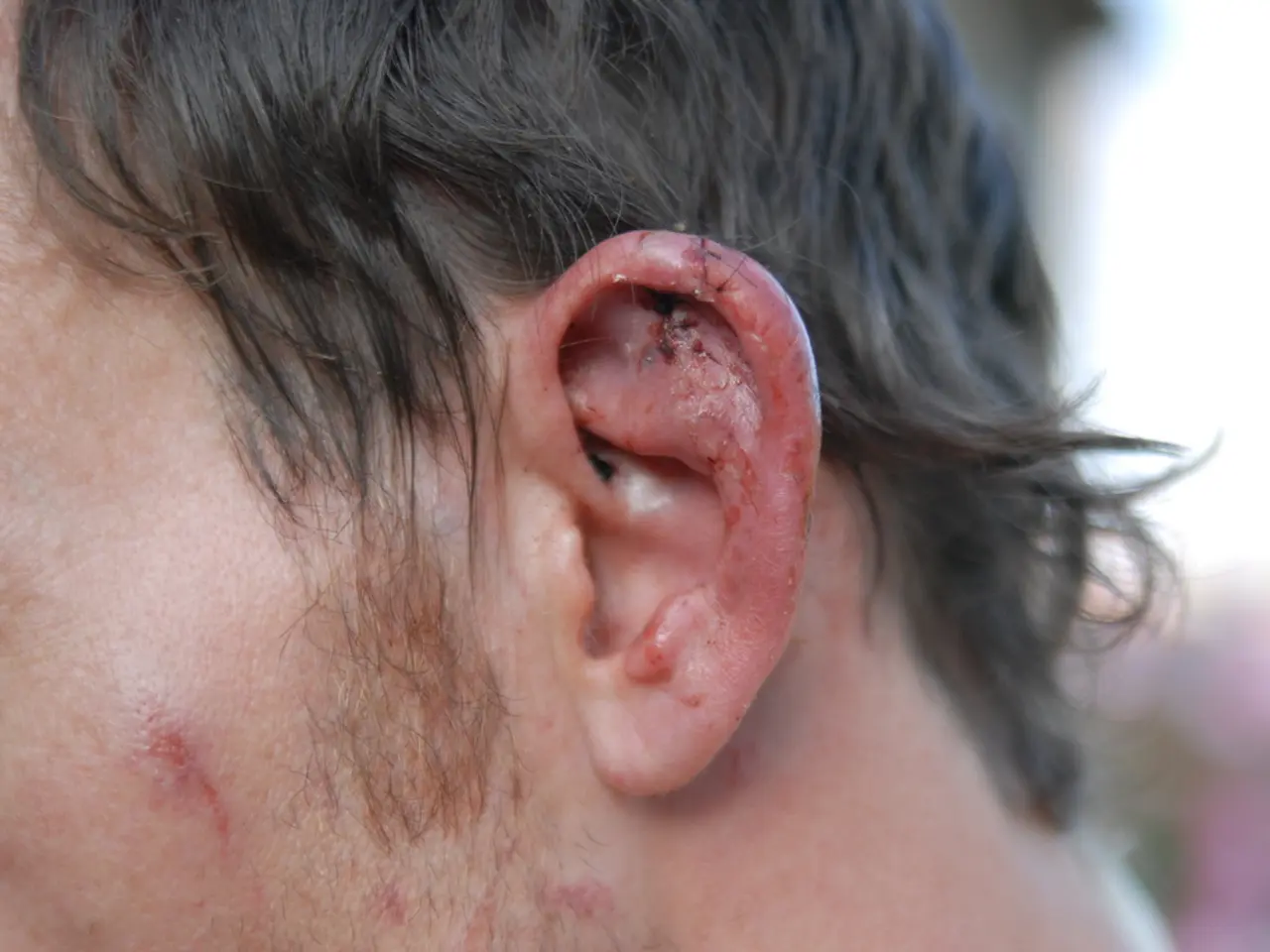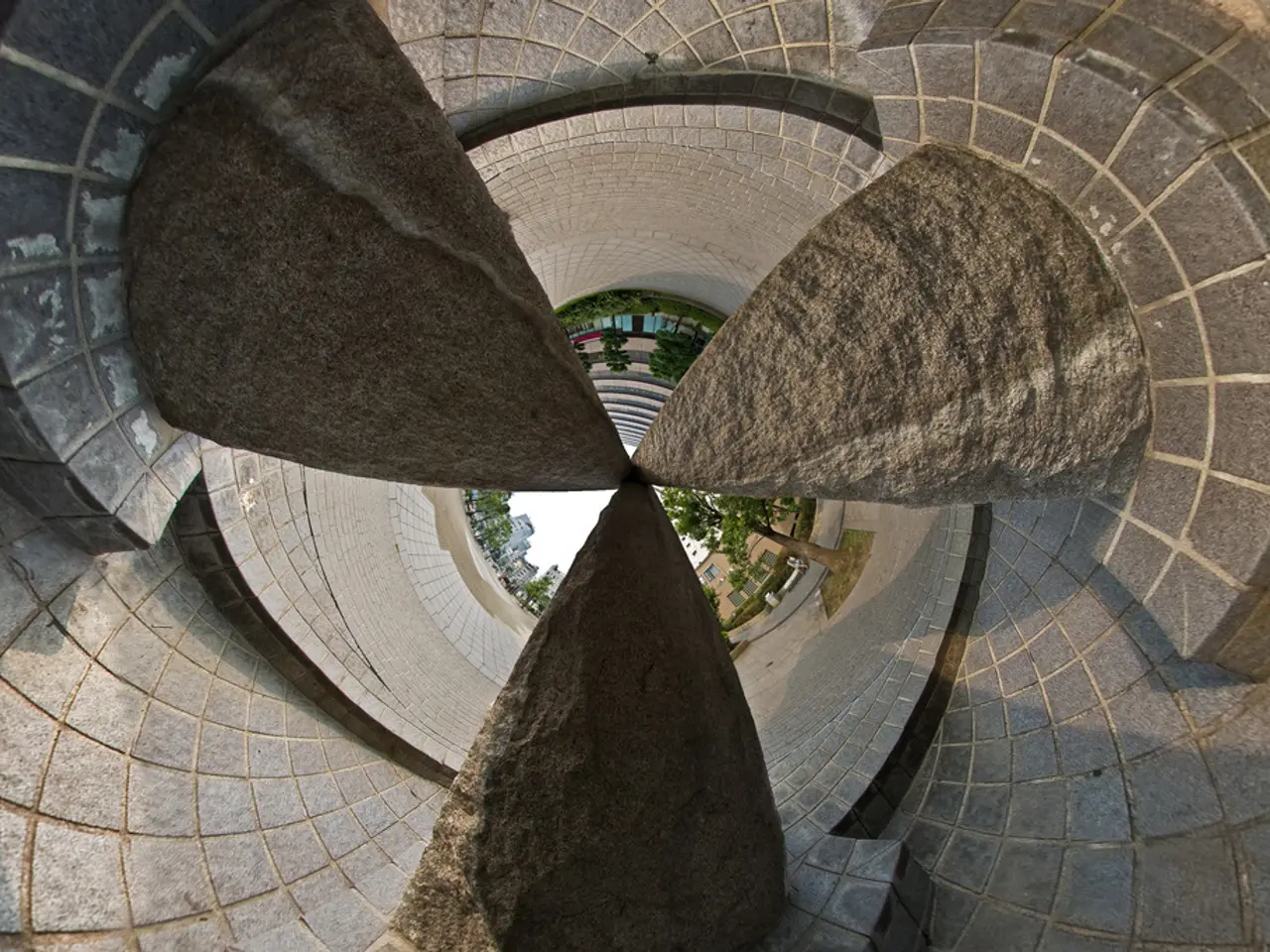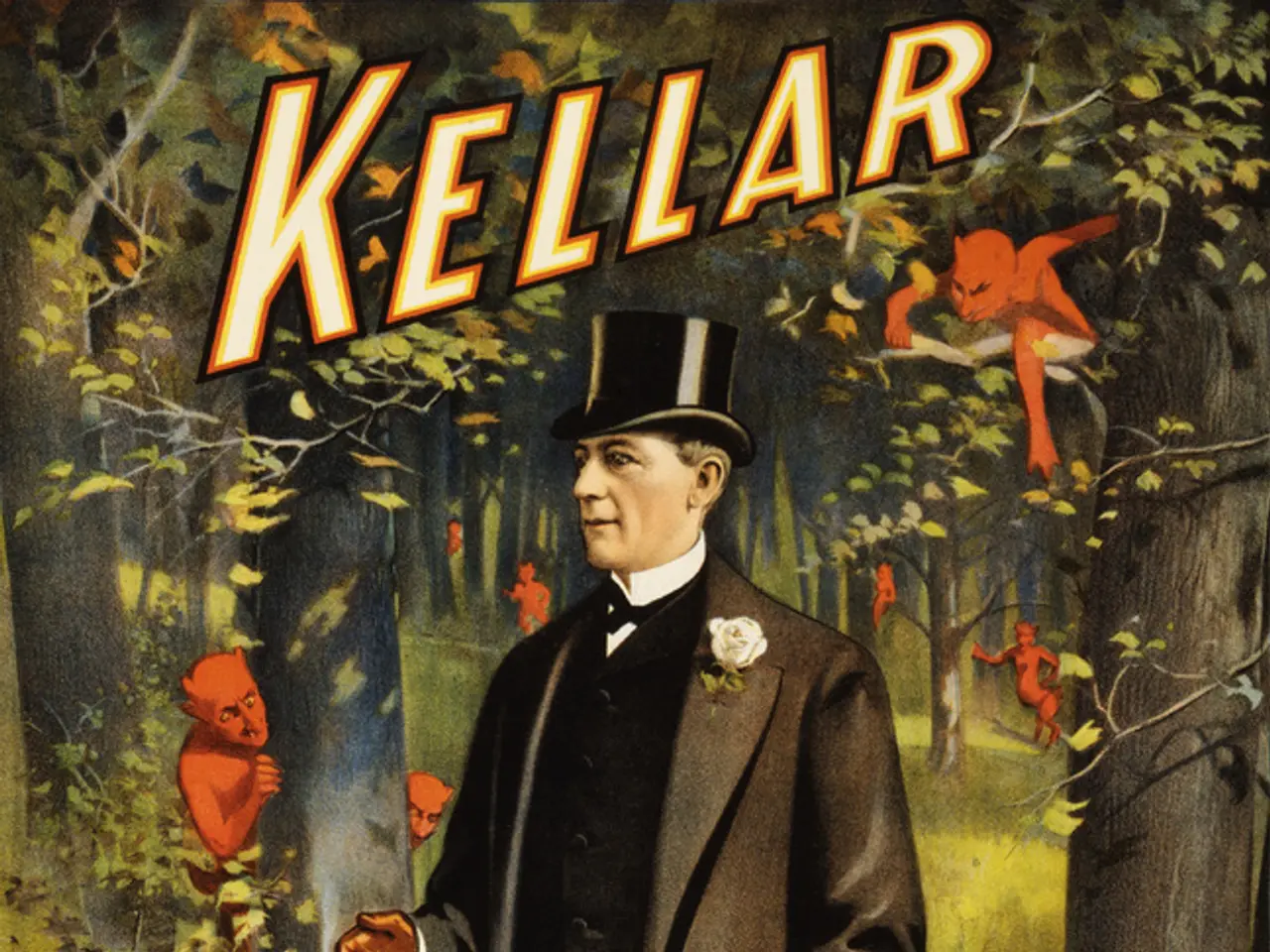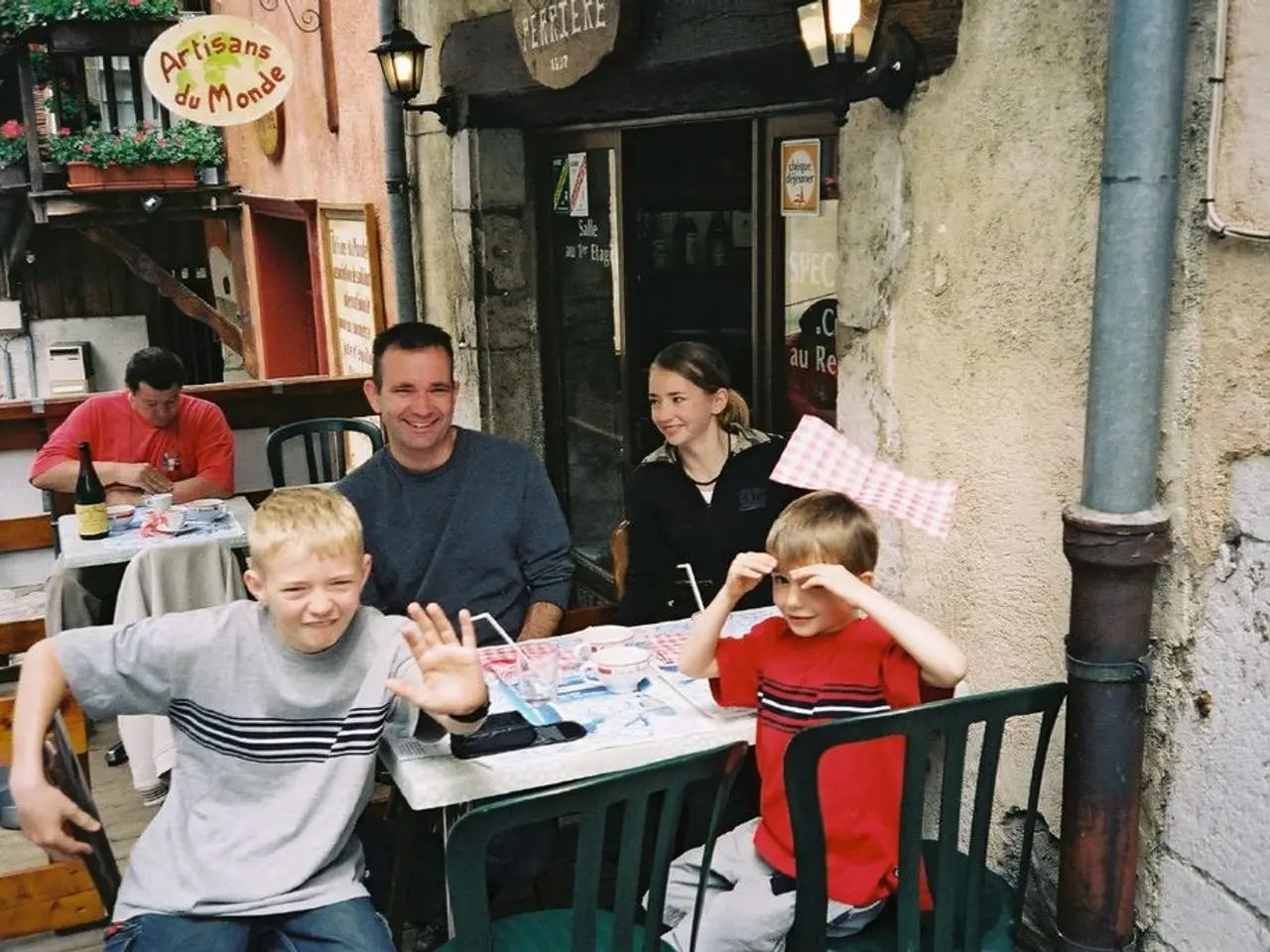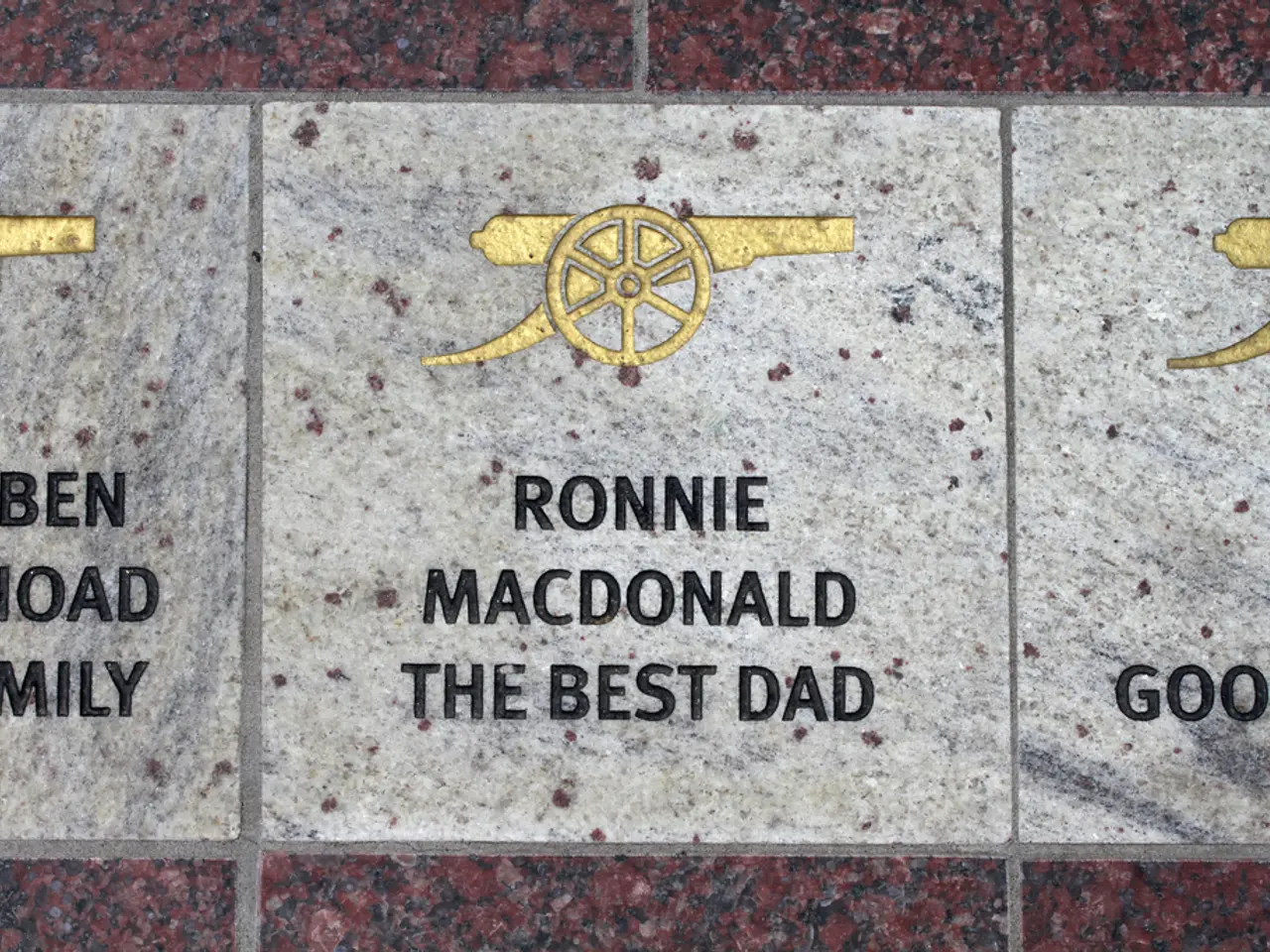Alleged aggressive incident involving Asian worker in Dubai as an onlooker recounts the troubling ordeal
In the United Arab Emirates (UAE), a significant issue persists despite legal frameworks intended to protect workers: incidents of workplace violence and abuse, particularly targeting blue-collar workers from South and Southeast Asian countries.
Recent eyewitness accounts, such as a violent altercation near Mayfair Residence, highlight a power imbalance where workers often feel suppressed and vulnerable to abuse. The incident, which occurred while the victim was walking to work, involved a physical attack on a blue-collar worker by another man, described as of Arabic descent.
The UAE labor law (No. 33 of 2021) requires employers to conduct fair and thorough workplace investigations before taking disciplinary actions, including in cases of violence or abuse. However, practical enforcement and worker protection experience can vary. Employers are advised to balance legal, procedural, and cultural considerations, with a growing emphasis on transparency and an inclusive work culture.
The Filipino community, which makes up over 0.78 million people or 6.89% of the UAE's population, and the largest expatriate group, Indians (over 4.36 million people or 38.45% of the total population), are among those affected. The UAE's labor reforms and global attention to migrant worker rights have prompted some improvement, but wage inequality and workplace violence remain critical concerns.
Social media and public discourse have exposed the less visible side of UAE's labor environment, where many blue-collar workers feel overlooked and vulnerable. There is a recognized need for better institutional support and stronger worker voices to help reduce workplace violence and improve mental well-being.
Netizens have expressed concern about the power gradient in UAE workplaces, with some stating that the weak are suppressed. One netizen suggested that if one fights back, retaliation will occur, while another advised calling the police instead. Another user claimed that such incidents happen frequently in UAE, and many at the receiving end have no other choice but to endure them.
The social media post's author emphasized the importance of spreading awareness about workplace violence and urged against violence. The post ended with a statement advocating for a workplace environment focused on work, not conflict. The eyewitness felt sympathy for the victim, underscoring the need for a more compassionate and equitable work culture in the UAE.
- The incident of workplace violence near Mayfair Residence, involving a physical attack on a blue-collar worker, has drawn attention to the finance and investment sector in the UAE, highlighting the need for more transparency and an inclusive work culture.
- As social-media platforms amplify the voices of blue-collar workers in the UAE, the general-news media and commentators have raised concerns about power imbalances, crime, and justice within the country's labor market.
- In the midst of calls for better work conditions and protection, some netizens have suggested that the entertainment industry and celebrity culture may divert attention away from critical issues like workplace violence, politics, and migrant workers' rights.
- As labor reforms in the UAE slowly progress, international finance organizations and governments are keeping a close eye on the economy and finance landscape, monitoring the impact of workplace violence and abuse on the overall stability of the market.
- With global attention focused on social-media discussions and the UAE's handling of migrant workers' rights, experts inDefi and blockchain technology are exploring potential solutions to tackle workplace violence and promote a more equitable work culture in the region.

